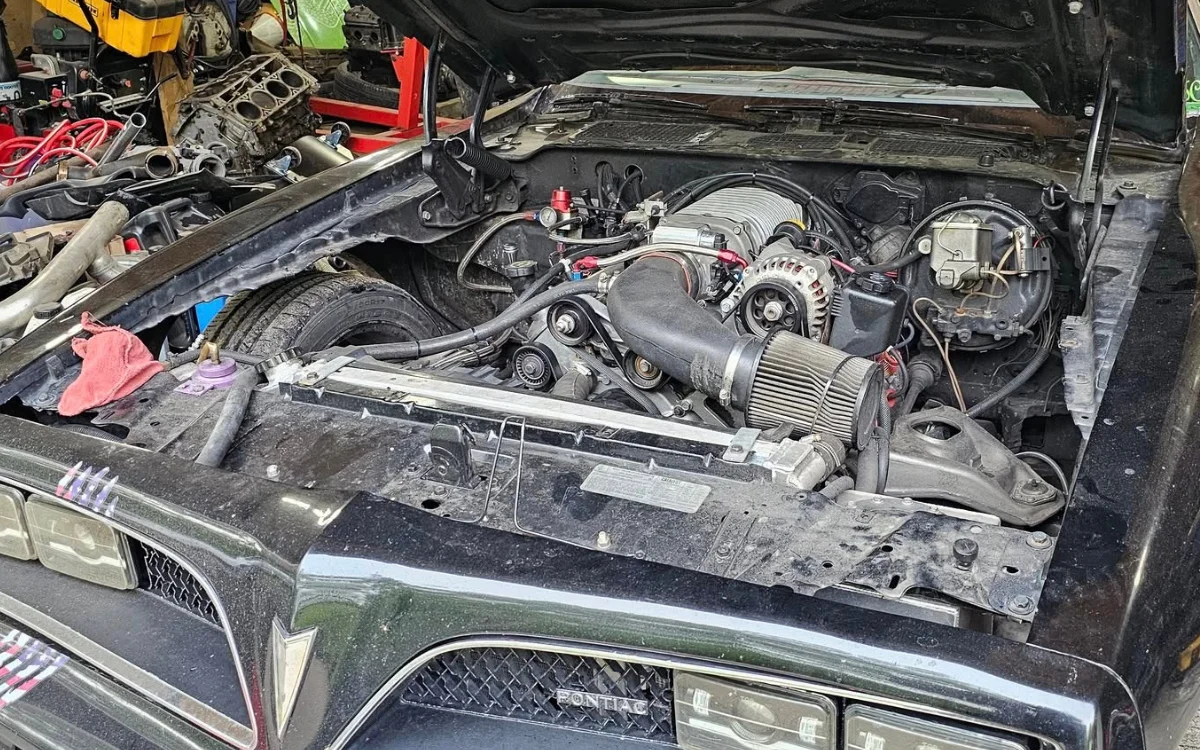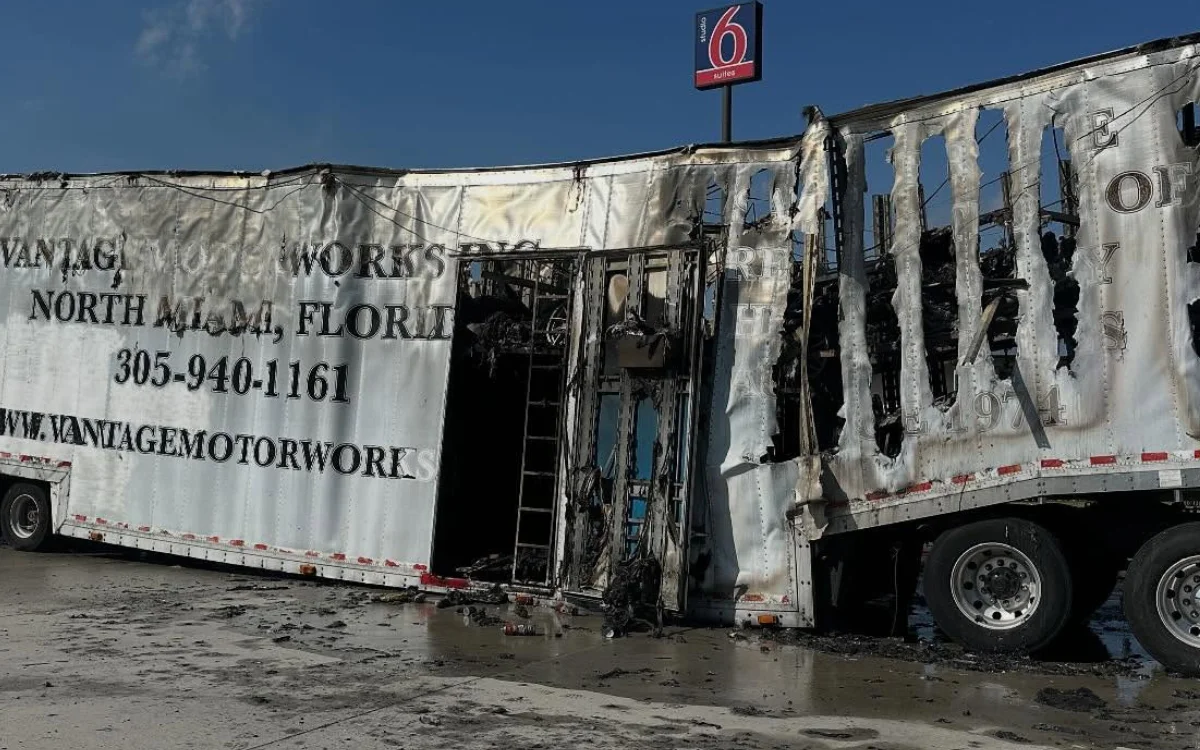How This Billionaire Family Is Succeeding Despite The Collapse Of The American Shipping Industry
The post How This Billionaire Family Is Succeeding Despite The Collapse Of The American Shipping Industry appeared on BitcoinEthereumNews.com. Thomas Crowley Jr., the third generation to run Crowley Maritime, has figured out how to navigate the U.S.’ protectionist laws. The tanker American Energy is 900 feet long with a black hull; its bridge reaches the height of a ten-story building. Jutting out of the top deck are the squared-off corners of the ship’s enormous liquefied natural gas storage tanks—painted a turquoise that complements the waters of the port of Peñuelas, on the southern coast of Puerto Rico. There, in June, the ship—owned by Jacksonville, Florida–based shipping company Crowley Maritime—made its first delivery to the island of 35 million gallons (130,000 cubic meters) of super-chilled (to minus 260 degrees Fahrenheit) liquid natural gas (LNG) sourced from American shale frackers. That’s enough in one shipment to generate the electricity to power 80,000 homes for a year, says Tom Crowley Jr., the 58-year-old chairman and majority owner of Crowley Maritime. American Energy is a new ship for Crowley, but despite its gleaming appearance, it’s far from new. It was built in 1994 and was headed to the scrap heap before Crowley picked it up last year for an estimated $25 million. Why would he invest in this ship, when on any given day a dozen bigger, newer, more efficient tankers are loading up on American LNG to export to the world? Conversely, why can’t one of the hundreds of other modern megatankers filling up on LNG in Louisiana or Texas just make a stop in Peñuelas? The answer is the Jones Act. Otherwise known as the Merchant Marine Act of 1920, it requires vessels transiting from one U.S. port to another be built in the U.S., be crewed by Americans and fly the Stars and Stripes. Or get a waiver. Jamel Toppin for Forbes It turns out a waiver was needed in…

The post How This Billionaire Family Is Succeeding Despite The Collapse Of The American Shipping Industry appeared on BitcoinEthereumNews.com.
Thomas Crowley Jr., the third generation to run Crowley Maritime, has figured out how to navigate the U.S.’ protectionist laws. The tanker American Energy is 900 feet long with a black hull; its bridge reaches the height of a ten-story building. Jutting out of the top deck are the squared-off corners of the ship’s enormous liquefied natural gas storage tanks—painted a turquoise that complements the waters of the port of Peñuelas, on the southern coast of Puerto Rico. There, in June, the ship—owned by Jacksonville, Florida–based shipping company Crowley Maritime—made its first delivery to the island of 35 million gallons (130,000 cubic meters) of super-chilled (to minus 260 degrees Fahrenheit) liquid natural gas (LNG) sourced from American shale frackers. That’s enough in one shipment to generate the electricity to power 80,000 homes for a year, says Tom Crowley Jr., the 58-year-old chairman and majority owner of Crowley Maritime. American Energy is a new ship for Crowley, but despite its gleaming appearance, it’s far from new. It was built in 1994 and was headed to the scrap heap before Crowley picked it up last year for an estimated $25 million. Why would he invest in this ship, when on any given day a dozen bigger, newer, more efficient tankers are loading up on American LNG to export to the world? Conversely, why can’t one of the hundreds of other modern megatankers filling up on LNG in Louisiana or Texas just make a stop in Peñuelas? The answer is the Jones Act. Otherwise known as the Merchant Marine Act of 1920, it requires vessels transiting from one U.S. port to another be built in the U.S., be crewed by Americans and fly the Stars and Stripes. Or get a waiver. Jamel Toppin for Forbes It turns out a waiver was needed in…
What's Your Reaction?








































